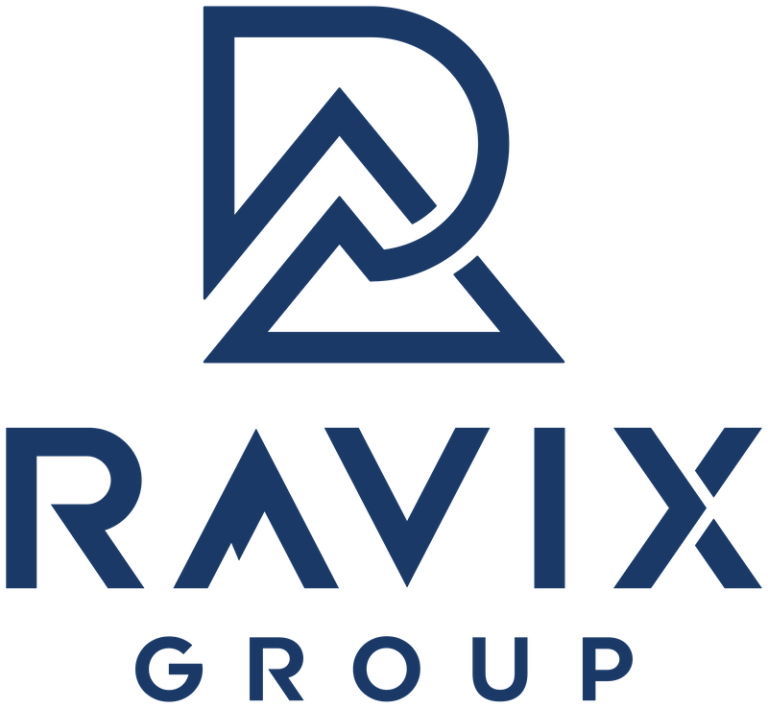In the rollercoaster world of startups, encountering unforeseen challenges that threaten the company’s existence is not uncommon. When such crises loom, enlisting a Chief Restructuring Officer (CRO) becomes not just a choice but a necessity. However, the role of a CRO is multifaceted, varying significantly based on whether they’re tasked with a company turnaround or overseeing a wind-down. Understanding these distinct roles is crucial for startups navigating troubled waters.
Reviving Through Turnaround
A turnaround scenario involves rejuvenating a faltering startup guiding it back to a trajectory of growth and profitability. Often a CRO is needed because the mindset of the organization has to change – strategically cutting costs and focusing on revenue generating business operations becomes a necessity to survive, and that’s how a CRO thinks.
Duties of a CRO in Startup Turnaround:
1. Rapid Assessment: Conduct an immediate and thorough evaluation of the startup’s operations, financial health, and market standing to identify key issues in cash flow, debt, etc.
2. Strategic Planning: Develop a robust plan to breathe new life into the business and keep the operations running smoothly, including fundraising or M&A options.
3. Operational Overhaul: Implementing changes to streamline processes, enhance efficiency, and potentially broaden the startup’s offerings.
4. Financial Restructuring: Tackling debt challenges, renegotiating terms with creditors, and exploring new financing avenues.
5. Stakeholder Engagement: Maintaining transparent communication with stakeholders, securing their support, and building trust through the turnaround process.
Navigating Wind-Downs with Finesse
Conversely, a business wind down represents an orderly and strategic closure of the startup, focusing on maximizing stakeholder value and minimizing liabilities.
Responsibilities of a CRO in Wind-Down:
1. Asset Assessment: Conducting a comprehensive review of all assets, including intellectual property and physical holdings.
2. Liability Management: Analyzing outstanding debts to strategize repayments and priorities.
3. Asset Liquidation: Managing the sale of assets effectively to optimize returns.
4. Negotiations: Communicating with creditors, investors, and vendors to reach settlements and leverage assignments for the benefit of creditors.
5. Closure Coordination: Handling final operations such as employee transitions, lease terminations, and tax obligations.
Deciding the Course of Action
Choosing between a turnaround and a wind down hinges on the startup’s viability. A turnaround is fitting if the core product or service is robust and challenges are manageable. If market conditions have drastically changed or debt is overwhelming, a wind down is a prudent choice.
The CRO’s role varies significantly in each scenario. In a turnaround, they are the revitalizing force, rescuing and rejuvenating a struggling startup. In a wind-down, the CRO ensures a respectful and advantageous closure, managing every aspect with precision and empathy.
Startups facing critical decisions about their future need a CRO with comprehensive expertise. At Ravix Group, our Chief Restructuring Officers are adept at both revitalizing businesses and managing graceful exits. They bring a wealth of experience in startup financing, debt management, and strategic planning, which is crucial for navigating complex wind-down scenarios or undertaking turnarounds.
Connect with Ravix Group to explore how our Chief Restructuring Officers can steer your venture towards the most suitable path. Whether it’s revitalizing your business or managing an orderly wind-down, our team is equipped to handle the complexities and challenges unique to startups. Reach out for a consultation and take the first step towards a strategic solution tailored to your startup’s unique circumstances.



